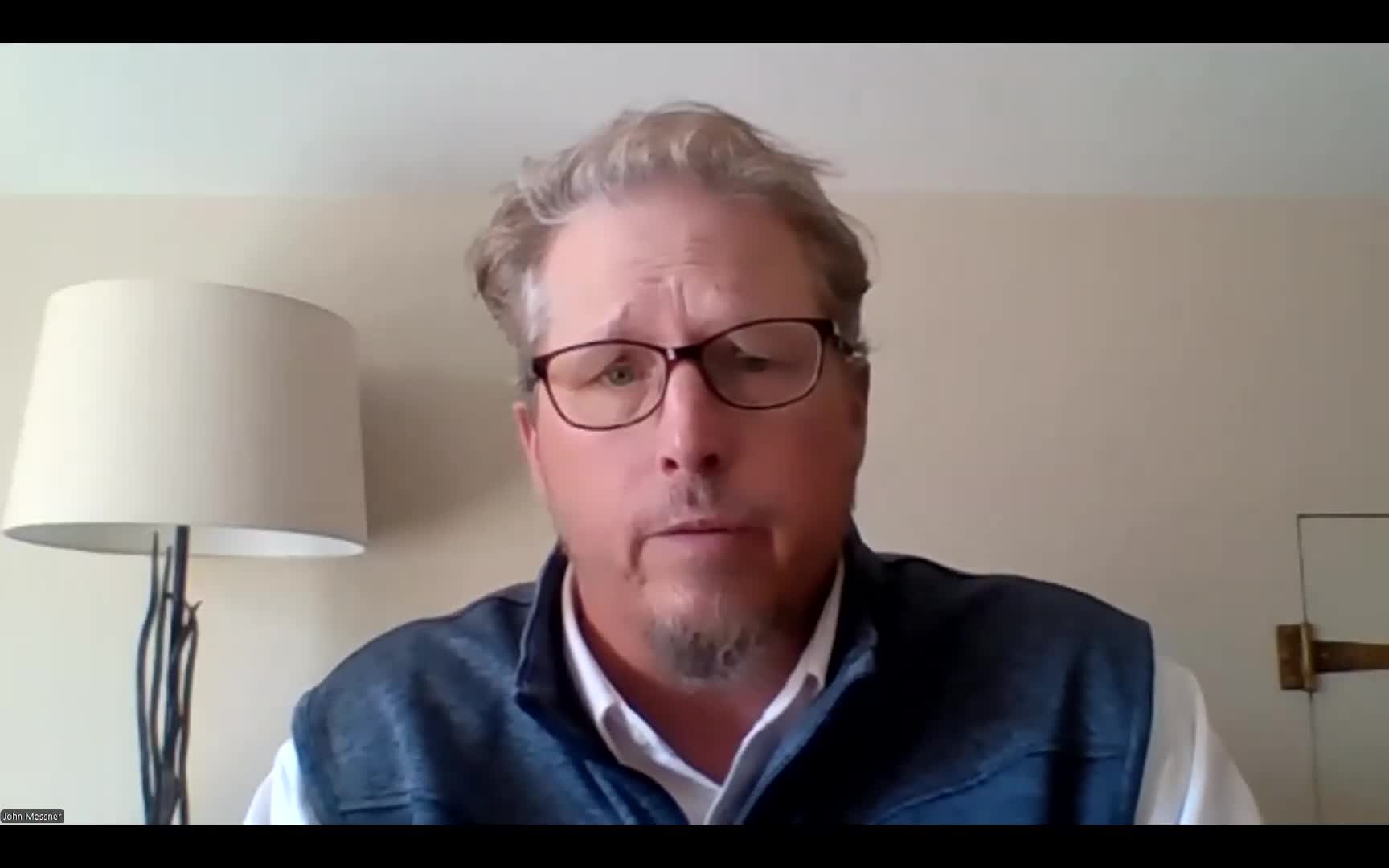Colorado updates environmental justice map to identify impacted communities
May 12, 2025 | Department of Natural Resources, State Agencies, Organizations, Executive, Colorado
Thanks to Scribe from Workplace AI , all articles about Colorado are free for you to enjoy throughout 2025!

This article was created by AI using a video recording of the meeting. It summarizes the key points discussed, but for full details and context, please refer to the video of the full meeting. Link to Full Meeting
Kumar emphasized the importance of the mapping tools developed to identify areas that meet specific criteria for being classified as disproportionately impacted. These criteria include demographic factors such as low income, racial composition, housing cost burden, and linguistic isolation, as well as cumulative environmental burdens assessed through the Colorado EnviroScreen tool. The mapping initiative aims to standardize the definition of disproportionately impacted communities across all state agencies, ensuring consistency in regulatory and grant processes.
The presentation highlighted that the most recent data for the disproportionately impacted community map was updated in November 2024, reflecting the latest demographic and environmental health datasets. Kumar explained that the mapping tool is designed to be user-friendly, allowing stakeholders to visualize and analyze data relevant to their work. This tool is crucial for understanding the environmental health landscape in Colorado and addressing the needs of vulnerable populations.
During the meeting, consortium members raised questions about the update process for the mapping tools and the data sources used. Kumar clarified that updates are based on five-year census data and other environmental health indicators, with a significant focus on maintaining stability in the data to avoid confusion in regulatory contexts. The next proposed update is scheduled for November 2028, allowing time for thorough data analysis and community engagement.
The discussions underscored the ongoing commitment of the Colorado Department of Public Health and Environment to enhance environmental justice initiatives and support communities that face disproportionate environmental burdens. As the consortium continues its work, the integration of these mapping tools will play a vital role in shaping policies and programs aimed at fostering equity and justice in environmental health across the state.
Converted from 2025_May 9 Colorado Produced Water Consortium Meeting Recording meeting on May 12, 2025
Link to Full Meeting
Comments
View full meeting
This article is based on a recent meeting—watch the full video and explore the complete transcript for deeper insights into the discussion.
View full meeting
